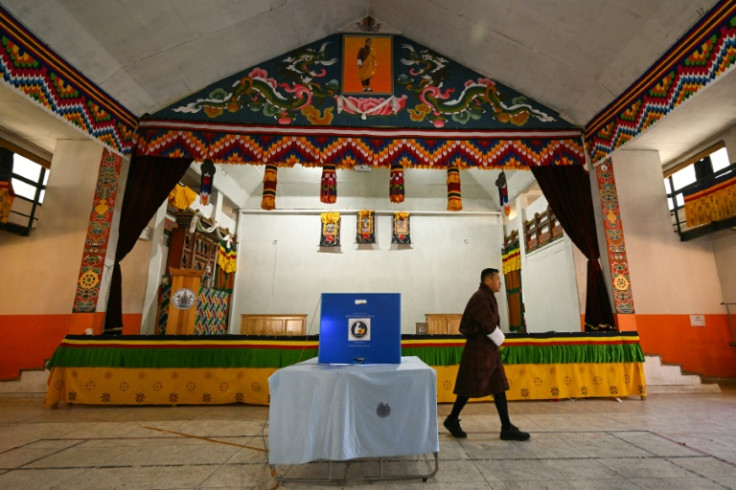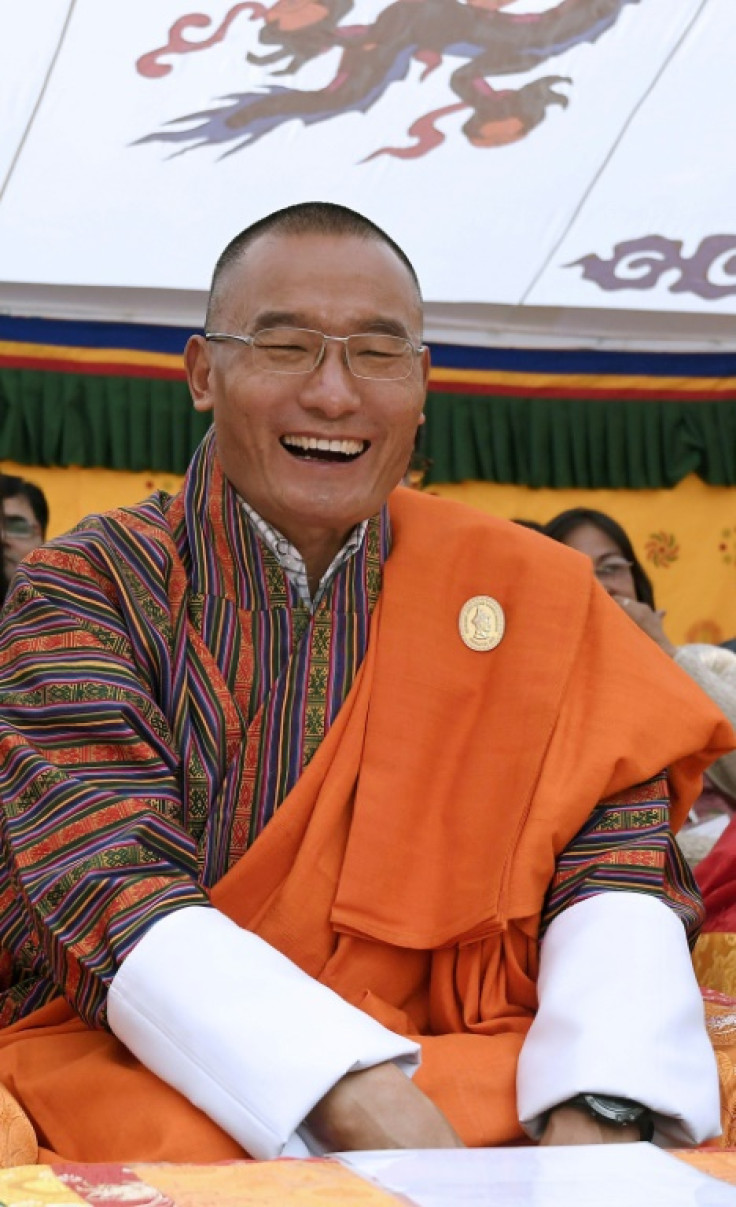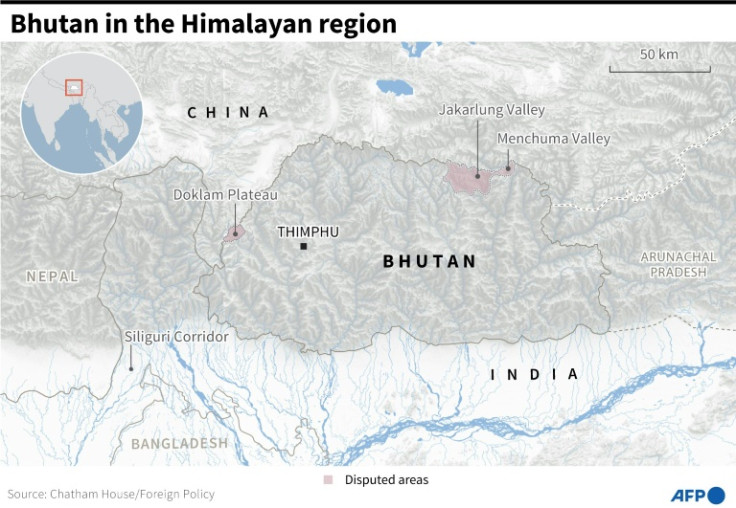
Bhutanese voters have elected Tshering Tobgay to become prime minister for a second time after his party won nearly two-thirds of seats, the election commission said in results released Wednesday.
The election was dominated by serious economic challenges that have called into question the Himalayan kingdom's long-standing policy of prioritising "Gross National Happiness" over growth.
Bhutan also lies sandwiched between the globe's two most populous countries, China and India, who watched the vote with keen interest as they eye strategic contested border zones.
Tobgay, head of the liberal People's Democratic Party (PDP), who served as prime minister of the Himalayan kingdom from 2013 to 2018, won 30 of 47 seats in Tuesday's election, official figures showed.
Prime Minister Narendra Modi of India, Bhutan's key trading partner, offered his "heartiest congratulations to my friend" Tobgay for winning the polls, according to a post on X, formerly Twitter.
Tobgay, who has promised to boost ties with India, including by developing rail links, responded by thanking Modi.
"I too look forward to working closely again with you to nurture and strengthen the unique bonds of friendship and cooperation that our nations enjoy," Tobgay wrote Wednesday.
Bhutan is a landlocked mountain nation of about 800,000 people, similar in area to Switzerland.
The 58-year-old, a former civil servant, is a passionate conservation advocate who holds a degree in mechanical engineering from the University of Pittsburgh and a Master's in public administration from Harvard.
Tobgay was also leader of the opposition in Bhutan's first parliament when it was established in 2008, soon after the start of the reign of the present king.
Foremost in the minds of many who voted are the struggles facing the Buddhist-majority kingdom's younger generation, with chronic youth unemployment and a brain drain.
The youth unemployment rate stands at 29 percent, according to the World Bank, while economic growth has sputtered along at an average of 1.7 percent over the past five years.
During campaigning, Tobgay sounded the alarm over Bhutan's "unprecedented economic challenges and mass exodus".
But he remains committed to the constitutionally enshrined philosophy of a government that measures its success by the "happiness and well-being of the people".
"We have a very high unemployment rate, especially among the youth," said Vishal Rai, 47, a Bhutanese journalist.
"We have our economy in a very poor state, so we are expecting the government to start stimulating the economy."
Young citizens searching for better financial and educational opportunities abroad have left in record numbers since the last elections, with Australia as their top destination.
"From the winning party, I hope they would serve wholeheartedly and lead the country to prosperity," said 55-year-old housewife Dechen Wangmo.
"The poor people should benefit the most."









